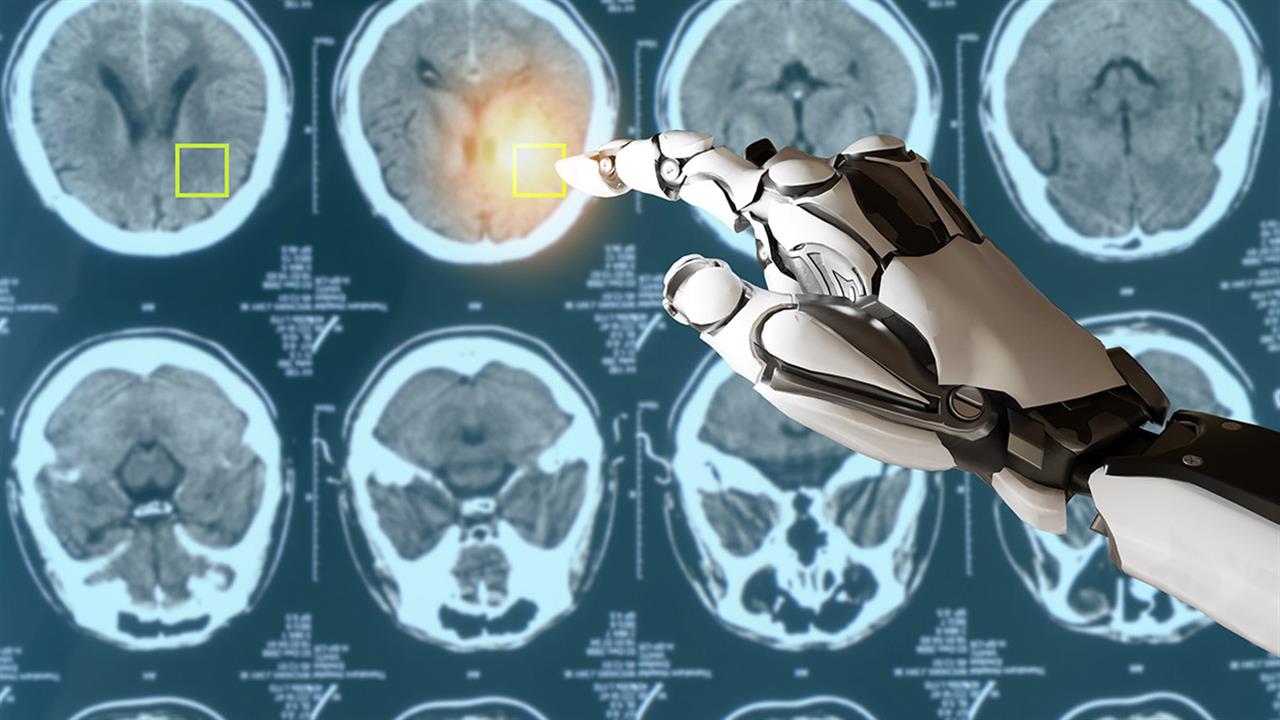
AI Powers Revolution in Diagnosis and TreatmentAI Powers Revolution in Diagnosis and Treatment Artificial intelligence (AI) is rapidly transforming the healthcare industry, revolutionizing the way diseases are diagnosed and treated. AI-powered tools are providing healthcare professionals with unprecedented insights, enabling earlier detection, more precise diagnosis, and tailored treatments. Diagnosis Breakthroughs AI algorithms can analyze vast amounts of medical data, including medical images, electronic health records, and patient demographics. By identifying hidden patterns and correlations, AI can improve diagnostic accuracy and efficiency. For example, AI-powered systems can detect subtle abnormalities on medical scans that may be missed by human eyes, leading to earlier identification of cancers and other life-threatening conditions. Personalized Treatment AI can help personalize treatment plans for individual patients. By analyzing patient data, AI algorithms can predict the likelihood of response to different treatment options and identify the most effective personalized therapies. This precision medicine approach optimizes outcomes, reduces side effects, and improves patient satisfaction. Remote Patient Monitoring AI-powered sensors and devices enable continuous monitoring of patients’ vital signs, both in clinical settings and at home. This allows healthcare professionals to remotely track patients’ progress and intervene promptly if any indicators of deterioration emerge. AI can also analyze data from wearable devices and provide insights into patients’ lifestyle and behavioral patterns, empowering them to make healthier decisions. Drug Discovery and Development AI is accelerating the discovery and development of new drugs. AI algorithms can screen millions of chemical compounds for potential drug candidates, identify promising targets for drug development, and optimize clinical trial design. By shortening the drug discovery process, AI is bringing new and innovative treatments to patients faster than ever before. Challenges and Considerations While AI offers tremendous potential in healthcare, there are also challenges and considerations to address: * Data Quality and Bias: The quality of AI algorithms depends on the data they are trained on. Biased data can lead to biased algorithms, which can impact diagnosis and treatment decisions. * Explainability and Transparency: It is crucial to understand how AI algorithms make decisions. Explainable AI models can provide healthcare professionals with insights into why certain diagnoses or treatment recommendations are made. * Ethical Considerations: AI raises ethical concerns related to data privacy, algorithmic fairness, and the potential impact on healthcare inequality. Conclusion AI is transforming the healthcare landscape by unlocking new possibilities in diagnosis and treatment. AI-powered tools are empowering healthcare professionals with unprecedented insights, leading to earlier detection, more precise diagnosis, and tailored treatments. As AI continues to evolve, its impact on healthcare is expected to be profound, improving patient outcomes and revolutionizing the way we deliver and receive medical care.
Posted inNews